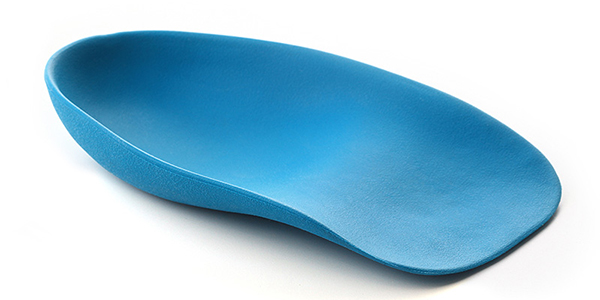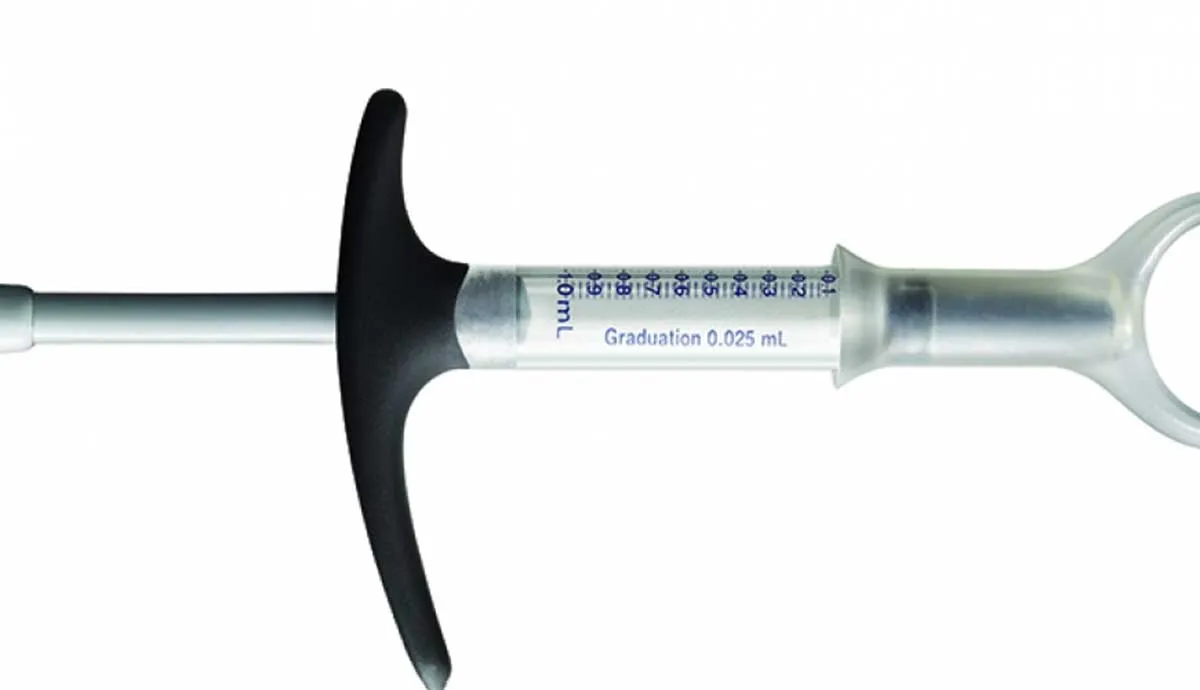Ergonomics – the science of designing equipment and devices that fit the human body – is increasingly important to the healthcare industry. In fact, ergonomic design of medical devices, diagnostics, equipment and packaging is one of the top trends in healthcare today. Why?
One major reason is the aging of the population and all its ramifications. Older people often have multiple chronic illnesses and disabilities, or they are simply frailer than others. They require devices and equipment tailored for physical limitations caused by conditions ranging from arthritis to chronic obstructive pulmonary disease (COPD) to osteoporosis.
Another reason? There's a trend to move care from the costly, acute hospital setting to the home, where the patient or caregiver rather than a professional provider will use the product. Ease of use and hazard avoidance are critical in home care scenarios.
Still another is regulatory – the U.S. Food and Drug Administration’s (FDA) draft guidance, “Applying Human Factors and Usability Engineering to Optimize Medical Device Design,” recommends the use of appropriate human factors analysis, testing and validation during the design phase of medical devices to reduce user-related hazards and errors. While this document is non-binding, it indicates the FDA’s strong interest in this issue.
To address these trends, manufacturers are seeking ways to enhance the ergonomic aspects of their products. Incorporating specialized materials into grips, handles, buttons, plungers, caps and closures can help reduce forceful exertion, repetitive motion, contact stress and vibration. By emphasizing ergonomic design, manufacturers of healthcare products can provide greater comfort, usability and safety and increase compliance with regulatory requirements.
Specific applications where TPEs can help include:
Soft-touch products: Soft TPEs overmolded onto rigid thermoplastic substrates reduce “muscle effort” for a given operation such as turning a dial, pressing a lever or pushing a button. This ergonomic benefit can be quite important for seniors who have lost some or most of their muscular strength and control.
Orthotics: Foot orthotics may be prescribed for medical conditions affecting the elderly, such as diabetes, peripheral vascular disease and degenerative joint and skin problems. Soft and semi-rigid orthotics can benefit from the use of soft TPEs. For soft orthotics, TPEs can form the entire orthotic part, be overmolded on top of a rigid sub-layer to give selective comfort and control or encase a viscous liquid material.

Prosthetics: Elderly people may experience loss of a limb due to conditions such as diabetes, peripheral vascular disease or skin cancer. TPEs are used in applications such as prosthetic fingers where their outstanding grip properties and softness are necessary for the tactile functions that fingers need to accomplish. Prosthetic sleeves/liners that fit over the prosthetic itself, give a more natural look and feel and are usually made from a soft gel TPE.
Vibration and noise damping: Reducing the amount of vibration or noise given off by medical equipment can enhance comfort. A damping treatment is applied to a component to increase its ability to dissipate energy. TPE solutions for damping include padded feet for equipment and gasketing for medical devices, as well as various types of ear plugs. For example, the Lobie™ earbud accessory from Acousticlobe features soft, lightweight TPE material, and is designed to position earbuds next to the ear so users avoid the discomfort of inserting them into the ear canal.

Pharmaceutical packaging: Use of soft, non-slip TPEs in caps, closures and other elements can enhance the ability of elderly people to grip, and open and close bottles, jars and other packages.
To learn more about the many ways in which TPEs can greatly enhance healthcare and other products, contact an expert at Avient today.

